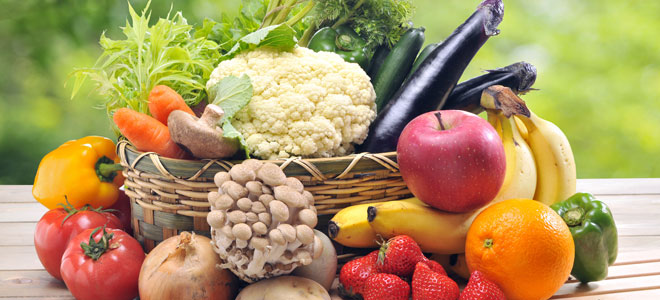On many occasions, a headache is a mechanism through which our own body is warning us that there is a more serious problem that is developing in another area of the body. In this way, it is important that before trying to alleviate it through over-the-counter drugs such as aspirin, ibuprofen or paracetamol, we try to determine what is the cause of its appearance. Factors such as an unbalanced diet can determine the appearance of various ailments such as headaches or migraines, consequences that, if necessary, could be corrected through a good diet.

Foods for headache
The foods to avoid are as important as the foods to eat, so that we manage not to condition our body to generate headaches due to eating an excessively unbalanced diet. This is the case of products such as refined sugar, foods rich in carbohydrates, animal fats or cereals. There are also cases of women who react negatively to the consumption of whole yogurt, cheddar cheese, alcohol and even sweets like chocolate.
If the problem of migraines persists and is related to the diet itself, it may be due to the fact that the food routine we are following is low in products rich in vitamins A and C. Given the case, the most prudent thing to do is to resort to multivitamin tablets that are sold both in pharmacies and supermarkets and, of course, the healthiest option is to eat fresh fruits and vegetables. Following the opinion of nutrition experts, the best way to identify the products that can most supply these deficiencies is by their color, being red or yellow (mango, peach, cherry, currant).
Also nuts, as they are an important source of magnesium, can prevent states of nervousness and irritation that, ultimately, can lead to the generation of migraines. Vegetables, whether fresh or steamed, are an injection of vitamins that help our body prevent colds and insomnia, two frequent factors in the generation of headaches.
